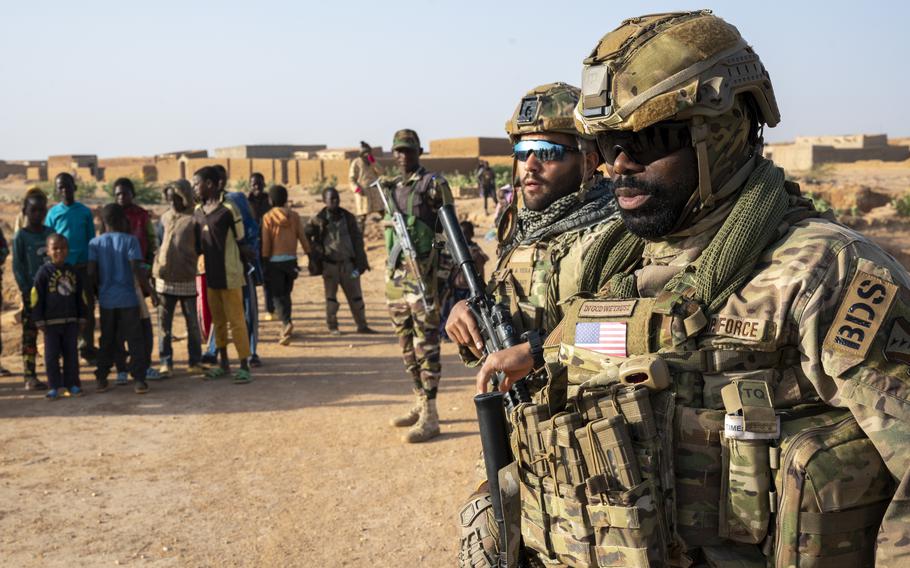Already a subscriber? Make sure to log into your account before viewing this content. You can access your account by hitting the “login” button on the top right corner. Still unable to see the content after signing in? Make sure your card on file is up-to-date.
The United States has officially started to plan the withdrawal of troops from Niger after failing to reach a military agreement with the military junta.
Prime Minister Ali Lamine Zeine of Niger and US Deputy Secretary of State Kurt Campbell finalized the decision to initiate the withdrawal plans. The US State Department confirmed these plans were set following discussions that began last Friday. Although no specific timeline has been set, discussions on the next steps are expected to start shortly, with a US delegation soon to be dispatched to coordinate the withdrawal process.

Niger has been critical for US operations in the Sahel, notably hosting a significant airbase in Agadez which supports both manned and unmanned flights. The US has heavily invested in the region, including extensive training for Niger’s military forces since 2013. However, the political landscape in Niger changed drastically after the July coup, leading to deteriorating relations as the junta invited Russian forces to assist in military training and equipment operations.
This shift comes after the US attempted to revise its military agreement to maintain its presence in the region, an effort that ultimately did not succeed. A senior US State Department official indicated that Niger’s government now prefers not to host foreign forces, aligning instead with Russia for military training and support.
The implications of withdrawing US troops extend beyond military concerns; they also touch on strategic regional security and humanitarian efforts. Peter Pham, a former US special envoy for the Sahel region, expressed concerns over the strategic losses, suggesting it would affect not only military operations but also the ongoing developmental and humanitarian aid to one of the poorest regions in the world.






